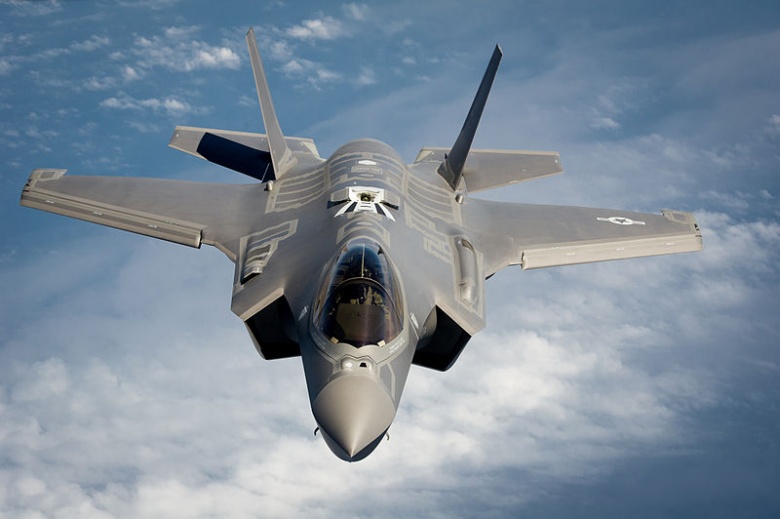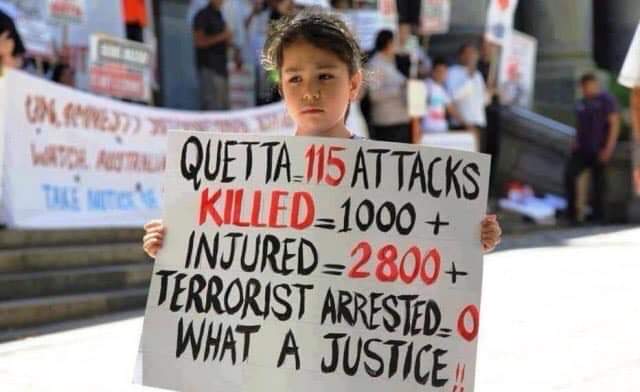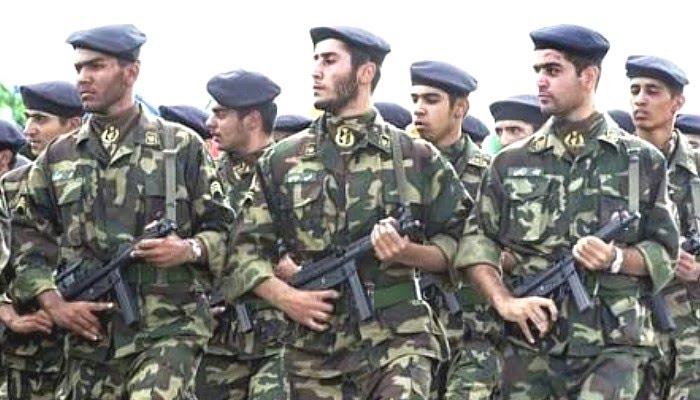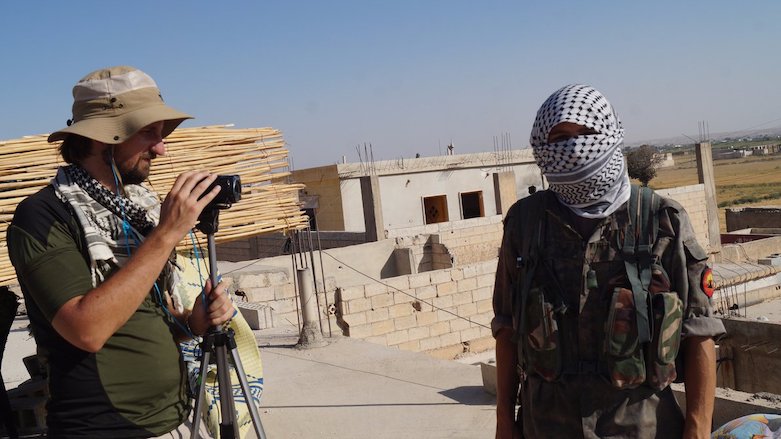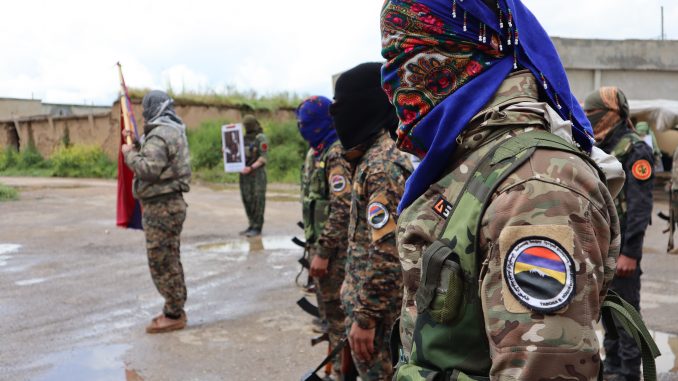
Formation of Rojava Armenian brigade announced
On the 104th anniversary of the Armenian genocide, revolutionary forces in Rojava established the Martyr Nubar Ozanyan Armenian Battalion. The battalion is named after Armenian guerrilla Nubar Ozanyan, who fought in the ranks of the Popular Front for the Liberation of Palestine (PFLP), and later as a commander with the Liberation Army of the Workers and Peasants of Turkey (TİKKO) in Rojava, the autonomous zone of the revolutionary Kurds and their allies in northern Syria. Formation of the brigade was anounced April 24, Armenian Genocide Memorial Day, especially commemorated by Armenians within Syria, where much of the genocide actually took place. (Photo: Abolition Media Worldwide)



